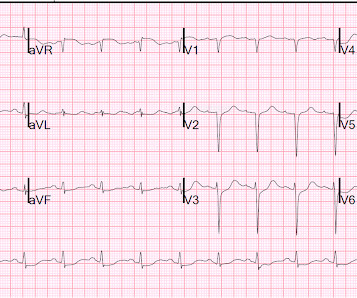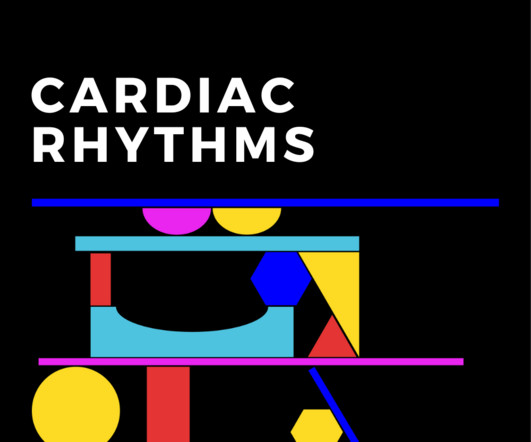The Technologically Dependent Child in the ED
Pediatric Emergency Playbook
OCTOBER 1, 2015
The main thing for us is to suspect it, detect it, control it, and if the child arrests, to do vigorous CPR to mechanically disrupt the bubbles. Gastroenterol Clin N Am 36 (2007) 123-144l Feinberg A et al. January 17, 2007. Anesthesiology 2007; 106:164–77 Marks JH. Pediatr Clin N Am 55 (2008) 1343–1358 Garton HJ.












Let's personalize your content